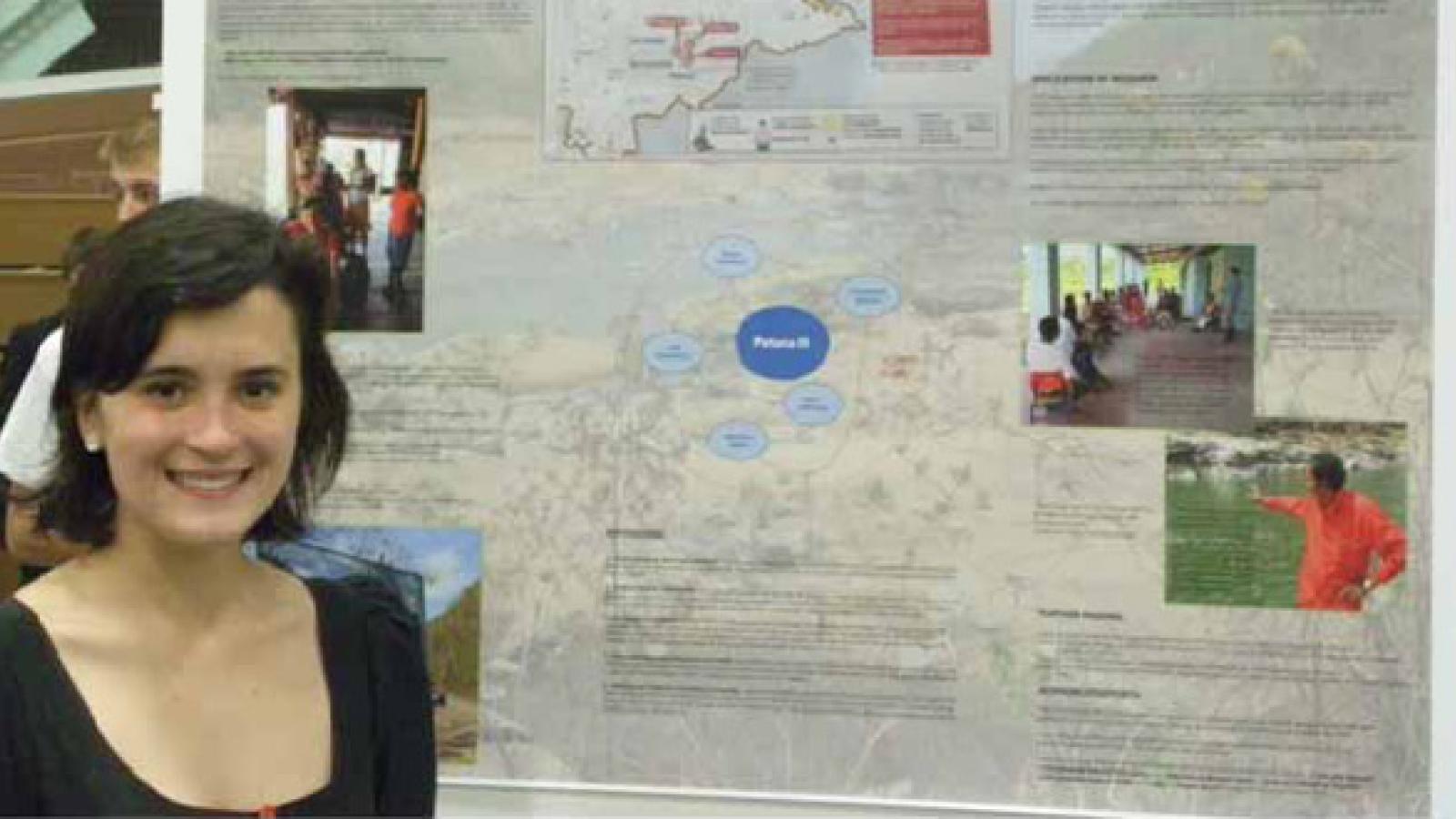Investigating a Proposed Large‐Scale Hydroelectric Dam: The Indigenous Response in Rural Honduras
Presenter: Sara Santiago
Advisor: Prof. Kendra McSweeney, (Geography)
The purpose of this research is to explore the implications of the potential construction of a slated three‐part mega‐dam project on the Patuca River in the rural Moskitia region of Honduras on the indigenous Tawahka population. The Patuca Dams have been proposed in 1998 and 2008, but have not been built because of environmental risks and indigenous resistance. I use the previous proposals for the Patuca Dams and a comparison with the disaster of 1985 Honduran mega‐dam El Cajón to inform the current situation and determine what is different about this Chinese proposal. This research is also developed within the context of post‐coup Honduras, where there is increased state‐led violence and instability, narco‐trafficking, and welcomed neoliberal investments that are challenged by a strong and expansive resistance movement. The methods used include interviews with Honduran state officials, indigenous representatives, and Northern NGO representatives leading campaigns against the dams. I, as part of a research team, also gathered research data from Tawahka community meetings and household surveys. An extensive literature review, including academic and a collection of Honduran news articles, also informs the research. The major findings of this research show that the construction of the Patuca Dams, which would decimate Tawahka livelihoods, is not the most prominent issue facing the Tawahka in light of land grabs, infringement of narco‐traffickers, and government threats against Tawahka leaders who resist government projects. Additionally, the impending dams, unlike previous proposals, appear imminent because the Honduran government is welcoming large, neoliberal projects and China is providing finance and know‐how for the dams. Finally, I explore the movement against the dams, the windows for Tawahka resistance, and hope for the future.

